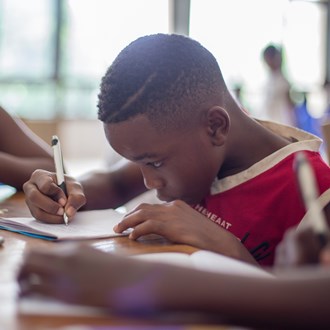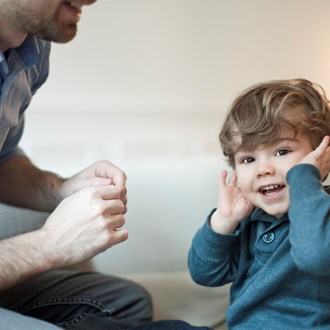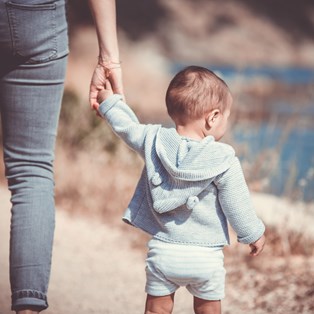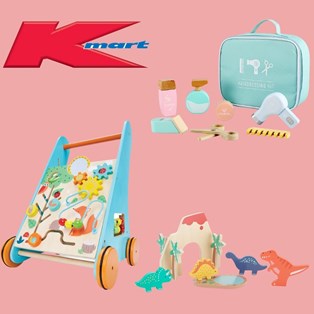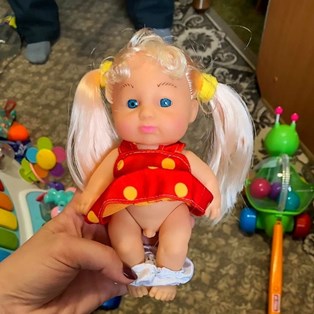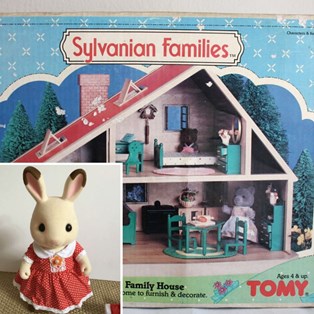Why German kindergartens are taking away children’s toys
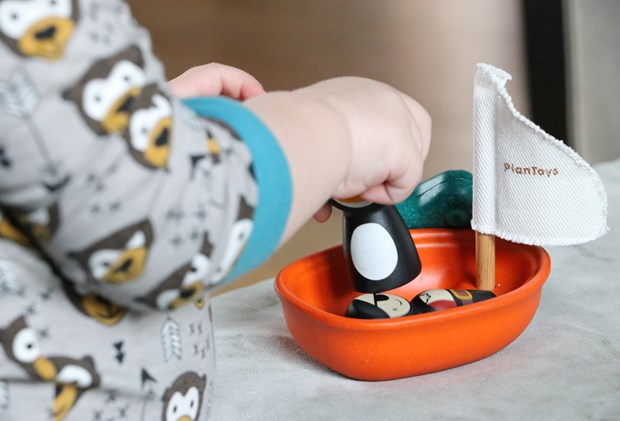
It's for a good reason but not everyone agrees.
By Livia Gamble
April 05 2017
Taking a child’s toy away sounds cruel, but day-care centres and kindergartens in Germany are doing it for a good reason: to reduce future addiction.
Despite the best of intentions, not everyone is happy about it.
The project involves a period of play where all toys are packed away and instead of telling the children how to spend their time, teachers take a step back and let the kids decide.
"Without any toys, children have the time to develop their own ideas," Elisabeth Seifert, managing director of the Munich-based toy-free time nonprofit Aktion Jugendschutz, told the Atlantic. "In toy-free time, they don't play with finished toys. They develop their own games. They play more together, so they can develop psychosocial competencies."
These competencies include: “understanding and liking oneself, having empathy for others, thinking creatively and critically, and being able to solve problems and overcome mistakes.”
The idea came from an addiction study in the 1980s where researchers realised that potential “seeds of addiction” were planted in early childhood. From there, stemmed the toy-free project, “which in Germany typically serve children ages 3 to 6, and remove the things children sometimes use to distract themselves from their negative feelings: toys.”
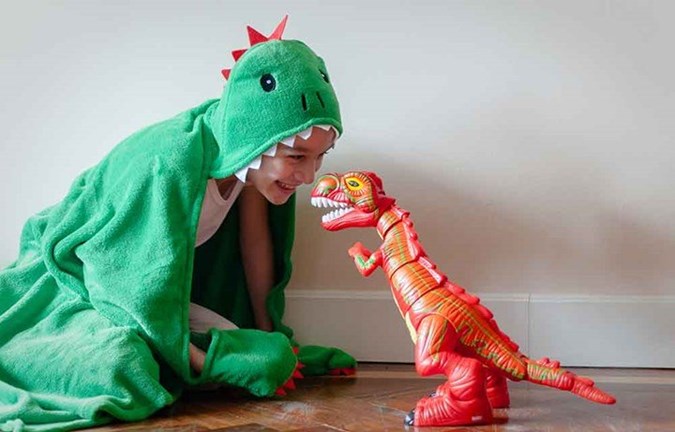
Getty Images
That’s said, the project hasn’t exactly been met with open arms.
As the Atlantic reports, several psychologists were quoted in Focus magazine criticising the toy-free project for “lacking scientific evidence and causing children unnecessary stress.”
Hans Mogel, a psychology professor from the University of Passau, told the publication it was a form of “child abuse”.
“To give children no toys is toy deprivation,” he said. “This is a form of child abuse. Deprivation comes at the expense of feeling secure and developing a healthy self-esteem.”
While there isn’t any long-term research on the project, the Atlantic cites two studies in the 90s that toy-free time “showed increased social interaction, creativity, empathy, and communication skills.”


